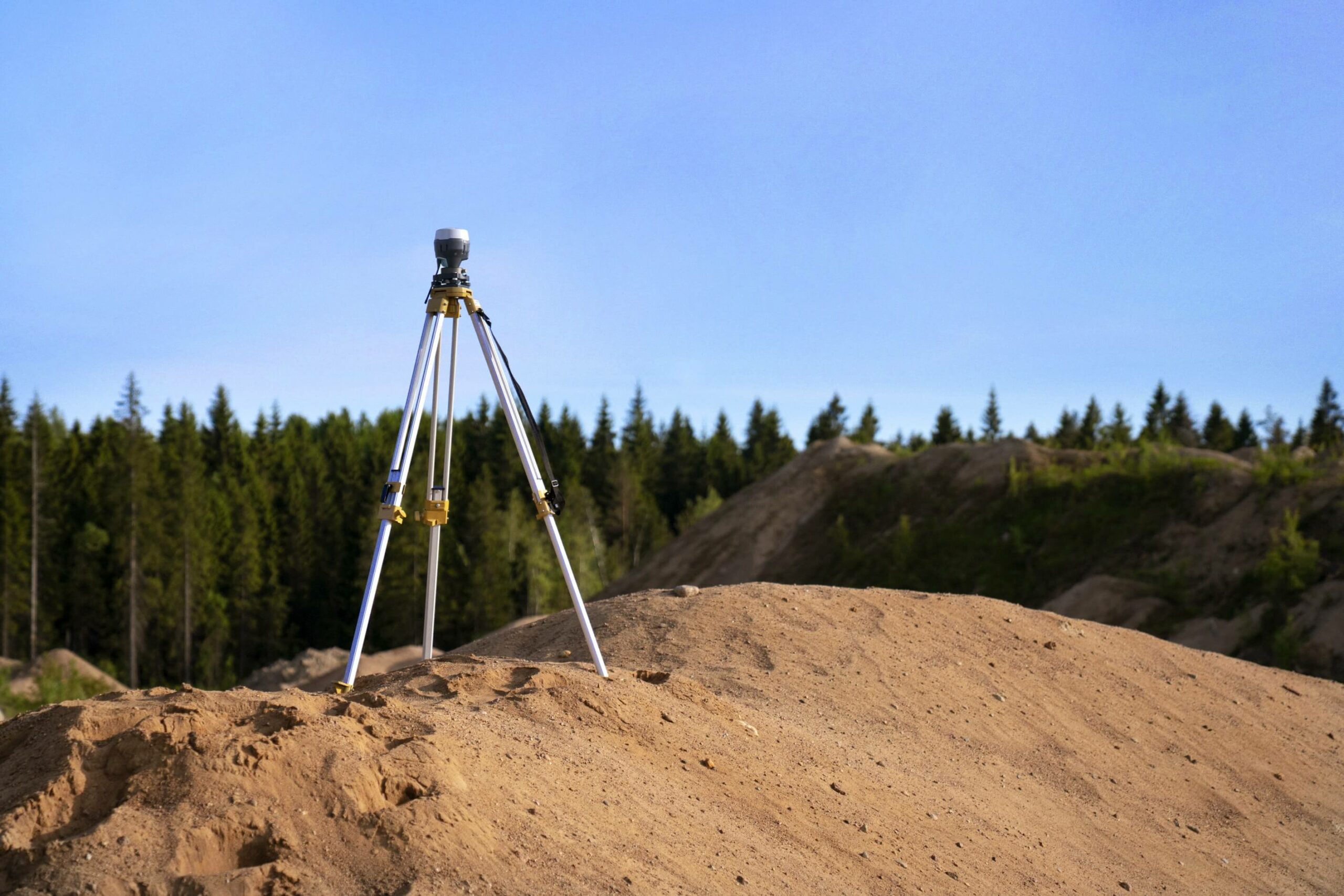Are you searching to buy or sell land or a home? A land survey is always required to determine the property’s boundaries. Also, this type of survey is commonly known as a property survey.
A land survey is a graphic layout of a property. Lenders and title companies often request property surveys before approving your mortgage application or issuing title insurance for the property.
Whether buying a home or building an addition to your property, you’ll probably need a property survey. Here are the four most asked questions answered by an expert.
What is a Property Survey?
A property survey confirms a property’s lines and legal descriptions. Simply, it’s all about defining what’s yours and what isn’t. You can get your property surveyed at all times. However, you’ll most likely need to undertake one when buying a home or constructing a building.
Why You Need a Need a Land Survey
You’ll have to hire an expert to conduct legal land surveys to survey your land. Also, note that the methods used depend on your property’s shape and size. Updated records from a land survey might come in handy for various reasons.
Firstly, land surveys help resolve boundary issues—this is one of the reasons a survey is recommended. You can practice good neighbor etiquette by knowing the exact boundaries of your property.
Secondly, with land surveys, you can locate your utilities on the land, such as electricity, water, and the sewer system. This survey is essential, especially if you want to undertake any construction or development on that land.
Thirdly, to pinpoint the plot size and determine the property’s price. Knowing how big a plot size is can be very beneficial during the negotiation period for individuals who plan on buying or selling a property.
Lastly, land surveys help identify a particular area’s zoning classification. This allows the owner to utilize the land optimally without facing legal problems with the authorities.
Types of Land Surveys
There are multiple types of land surveys, each with a unique purpose, price, and a set of required tools. Here are the five most recommended types of land surveys that you might be interested to learn.
1. Boundary Survey
A boundary survey identifies a parcel of land’s corners and boundary lines. It uses record deeds and physical markers to set the boundary lines on a particular ground. It also requires field and record research and is mainly used for personal records or locating easement lines.
2. ALTA Survey
This land survey provides a title company or lender with the essential survey data to deliver an American Land Title Association or Extended Coverage. An ALTA survey is undoubtedly the most comprehensive type of land survey since it covers all the characteristics and features of the property.
3. Location Survey
Although a location survey seems similar to a boundary survey, it serves a different purpose. It also provides additional information on the geographic location of interior improvements. Furthermore, It can meet loan application and zoning permit requirements.
4. Topographic Survey
This survey aims to locate both artificial and natural topographic features on a piece of land. These features may include buildings, streams, trees, and roads. A topographic survey is done using ground field and aerial photography methods.
5. Subdivision Survey of land
In this type of land survey, the parcel is split into smaller pieces, also known as lots. A subdivision survey must be carried out and recorded by a government agency, either local or state.
How Much Does a Land Survey Cost?
Many factors might affect the cost of a land survey, such as the land size, the surveying firm, the shape, and the property’s location. So, it is essential to remember that the charges can vary significantly based on different reasons.
The average cost ranges from ($400 – $1,200). However, this is an affordable price compared to the benefits you will gain as a landowner.
Bottom Line
Suppose you’re still wondering whether getting a land survey is worthwhile. In that case, surveying your land is an intelligent move for a homeowner because it has many benefits and helps collect information about your property.
With this list of different land surveys, choose one that best fits your needs and get started. If you’re unsure what to pick, seek help from a professional land surveyor in your area regarding the issue

